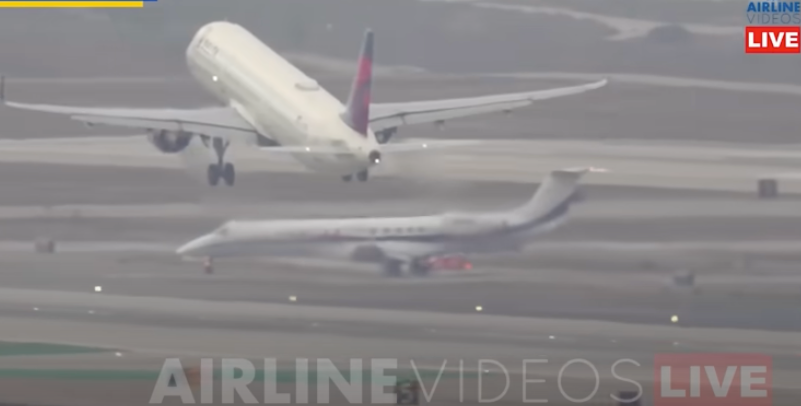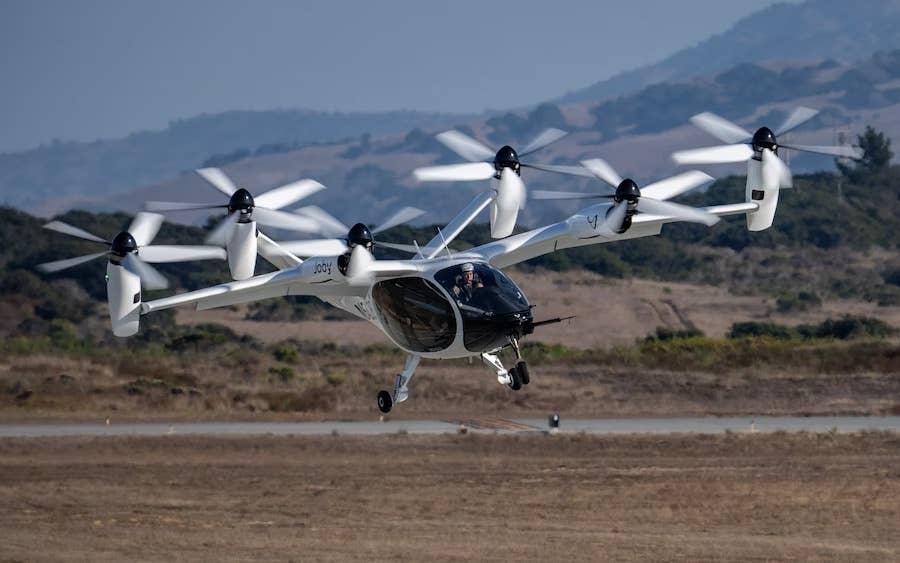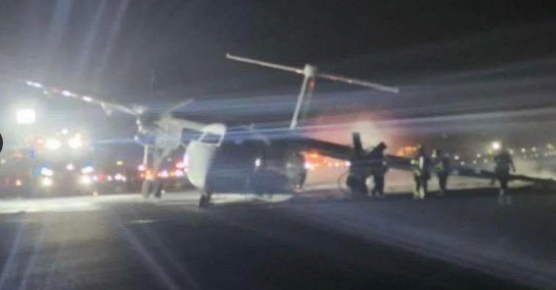Blowing Off the Regs
Maybe it’s my imagination, but I think the number of pilot scofflaws is growing.
Throughout my flying career, I've occasionally run into what I might generously call the Marlboro Man of aviation. That should probably be the plural form, men, because there's more than just a small handful of these guys.
You know the type. It's the guy who has no use for any kind of regulation, even if he had a basic grasp of what the FARs are actually for. Or the pilot who thinks left turns in the pattern are for the little people or who doesn't bother with an annual inspection on his airplane because he doesn't do that on his car so why do it on the airplane?
This sort of thing has been going on since the Aero Club of America issued Glenn Curtis a license to fly in 1911. I recall bumping into a guy in the flight school where I instructed who wanted a checkout in one of the school's Cherokees. His twin was down for engines. During the course of the paperwork review, I discovered he hadn't had a medical in 10 years, didn't know what a flight review was and routinely flew IFR, despite not having an instrument rating.
I hope I'm wrong about this, but I think this sort of thing is on a sharp increase. As I circulate around shops, schools and events, I keep hearing more stories about pilots who don't care about the Third Class medical because they plan to fly without the medical. And it also appears to me that the overall maintenance state of the fleet is in decline, possibly related to the scofflaw attitude toward medicals.
If my observation is true, I think there are several reasons for it. One is demographics. When pilots and owners get into their 60s and 70s, the horizon is a lot closer than it used to be and, to be blunt about it, they just aren't afraid of what the FAA might do to them. I wonder if this also has to do with a chronic public erosion of confidence in government and political institutions. A recent Gallup poll revealed that only 4 percent of respondents said they trusted Congress "a great deal." Forty years ago, that number was 15 percent.
The cost of owning or flying an airplane ties into this, too. The other day, I was in a shop and an IA was working on an Arrow that probably hadn't had a competent annual in five years or more. It had one fairly important AD issued in 1996 that hadn't been complied with. Personally, I don't get my nose too twisted about regulatory flyspecks, but that's just ridiculous.
The FAA shares some of the blame here, but hardly all of it. Most of us agree it could address the Third Class medical with the stroke of a pen and do the industry a huge favor, but resists doing so largely due to bureaucratic momentum. While over-regulation certainly has a role in driving costs higher, it's only part of the reason some owners don't embrace even minimal maintenance standards. And it's probably not a significant reason.
But pilots blowing off the rules pales by comparison to what's coming. We've discussed the impact and volume of unmanned aircraft operations and how the FAA simply isn't keeping up with the capabilities of this technology. (I'm thinking here about small drones, not the large ones that have to be integrated in the NAS.)
I suspect that most of the people flying these little drones can't be called scofflaws because many simply aren't aware of potential safety issues. I also think many are and do fly responsibly.
But I do wonder where this is all likely to go. During the next decade, the FAA could face an enforcement challenge the likes of which it has never seen. When I first began flying, it addressed such things with reach out programs that I think earned the agency enough respect to keep it from reverting to the iron hand of enforcement. Twenty years ago, I did a lot of accident prevention counselor work and had friends who did the same. It was fun and felt like a public service that had a positive impact. But does it still? Is the FAA capable of getting meaningful results from such programs? I'm not so sure.
I would be delighted to be wrong about all this. But traveling around the country, I can't escape the feeling that more pilots and owners than ever are on the verge of creating their own universes.
Join the conversation.
Read others' comments and add your own.






